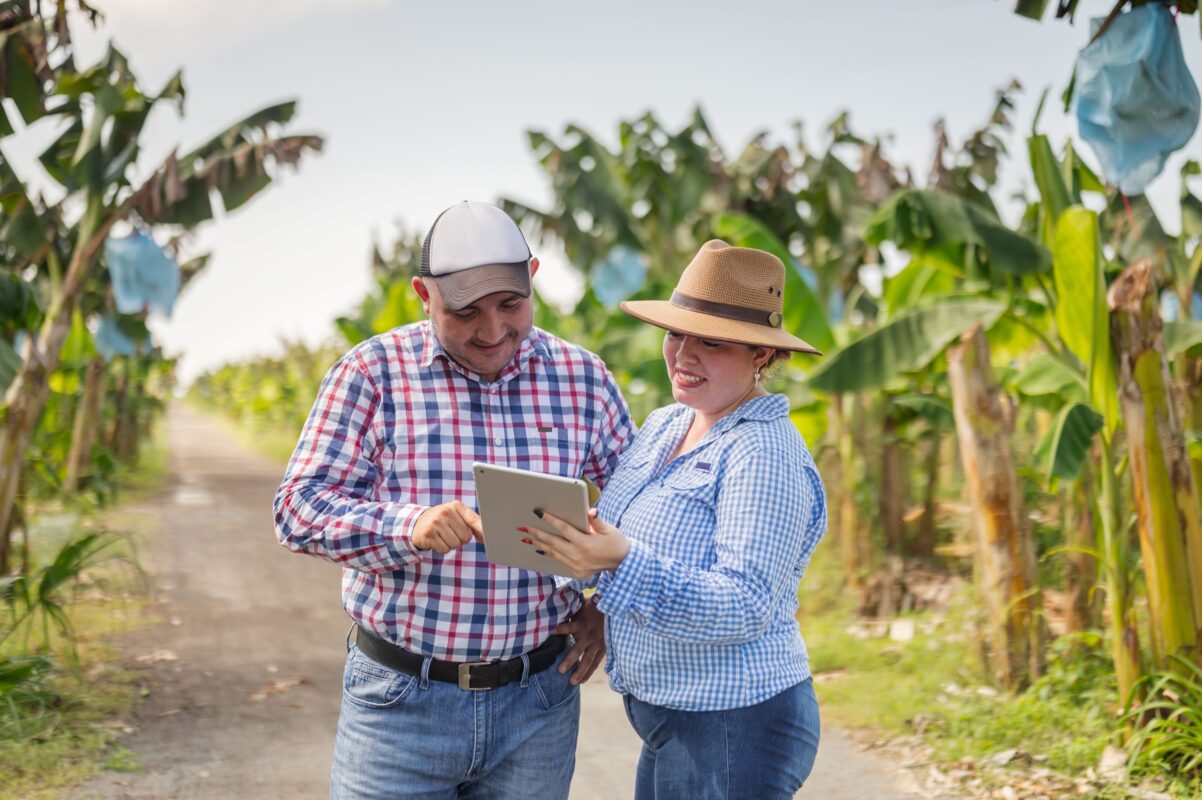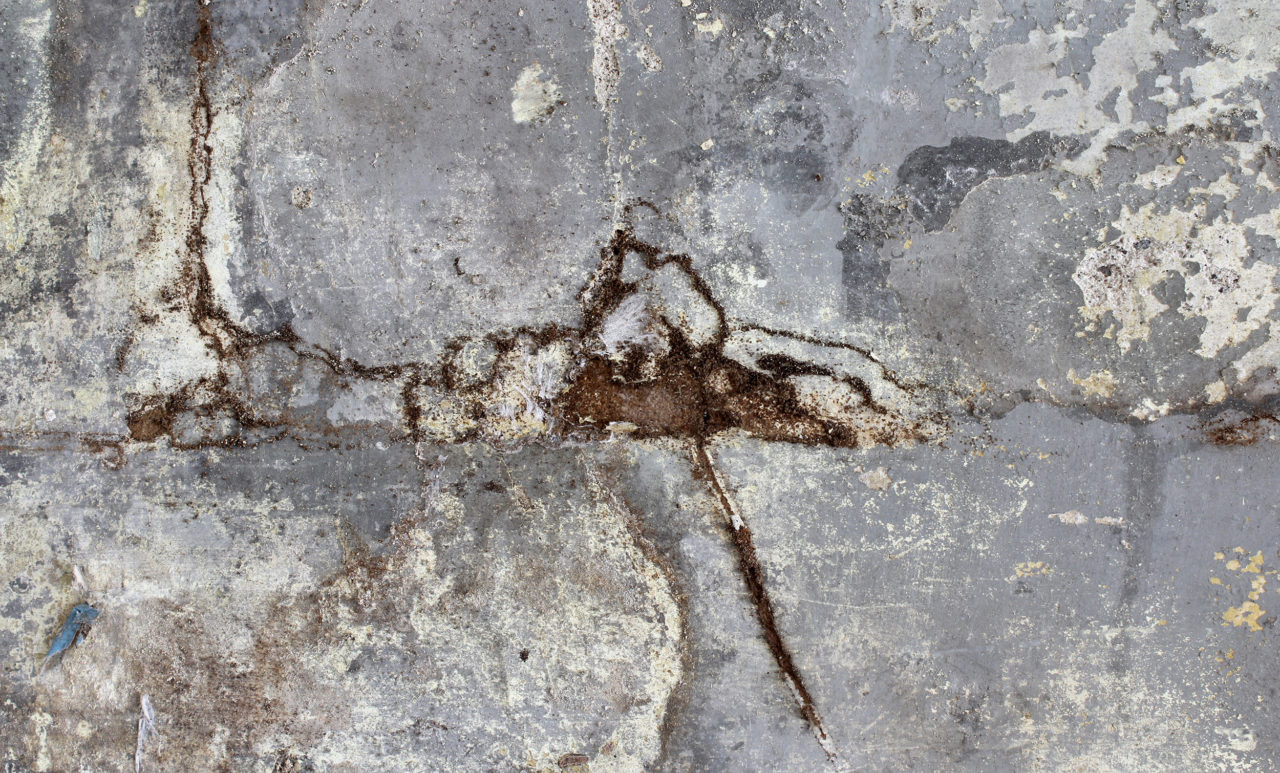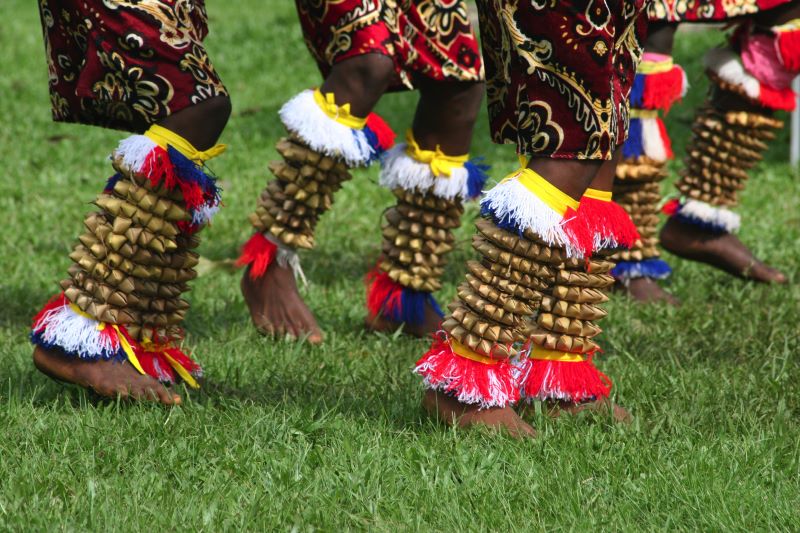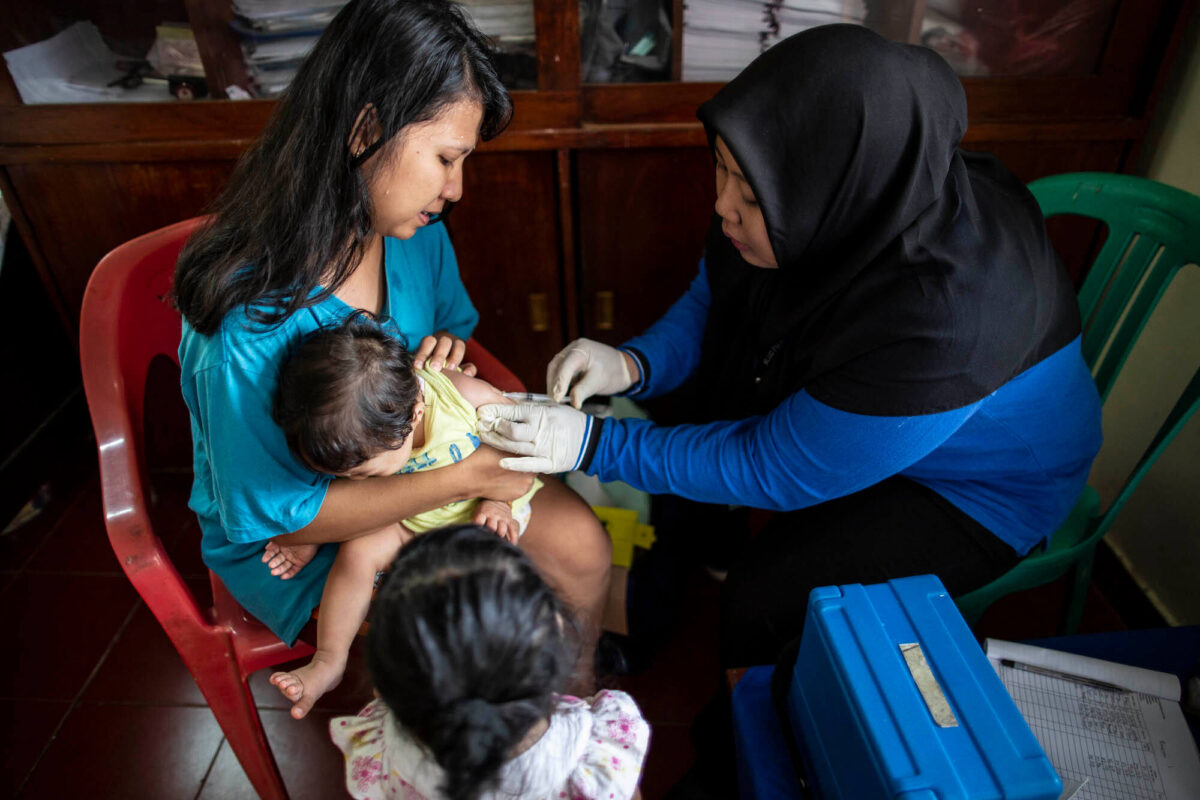Dexis conducts evaluations on the impact and sustainability of a global food, water, and energy program.
Context
Water and Energy for Food: A Grand Challenge for Development (WE4F) is a multi-donor funding program that aims to increase the sustainability of agricultural food value chains and address environmental and climate resilience in developing countries and emerging markets by expanding the sustainable scale of small and growing enterprises (SGEs) that impact the sectors of food and water, food and energy, or all three sectors at the nexus (food, water, energy) – with a particular focus on the poor and women.
WE4F is backed by a joint international initiative of four founding partners: the Deutsche Gesellschaft für Internationale Zusammenarbeit GmbH (GIZ) on behalf of the German Federal Ministry for Economic Cooperation and Development (BMZ), Sweden through the Swedish International Development Cooperation Agency (Sida), the Ministry of Foreign Affairs of the Kingdom of the Netherlands (MFA-NL), and the United States Agency for International Development (USAID).
Through its Regional Innovation Hubs (RIH), WE4F provides technical assistance and funding to innovations in East and West Africa, Southern and Central Africa, the Middle East and North Africa, and South and Southeast Asia.
Approach
Dexis provides M&E expertise to USAID by conducting evaluations in MENA, S/C Africa, and S/SE Asia to determine whether the WE4F program led to improved food production, food value chain sustainability, and climate adaptation through the use of water and/or energy efficient innovations as the well the impact of these changes on dimensions of gender, poverty, and the environment.
Achievements
- Conducted data collection using a mixed methods approach across 14 countries (site visits, key informant interviews, end-user surveys, review of existing data).
- Produced a midterm evaluation on the use of SDGs, technical assistance, marginalized group participation, financing gender gap solutions, enabling environment, end user support, training methodologies, and gender-based business plans.





